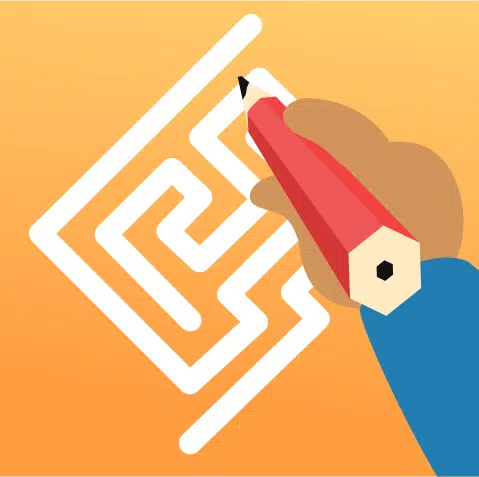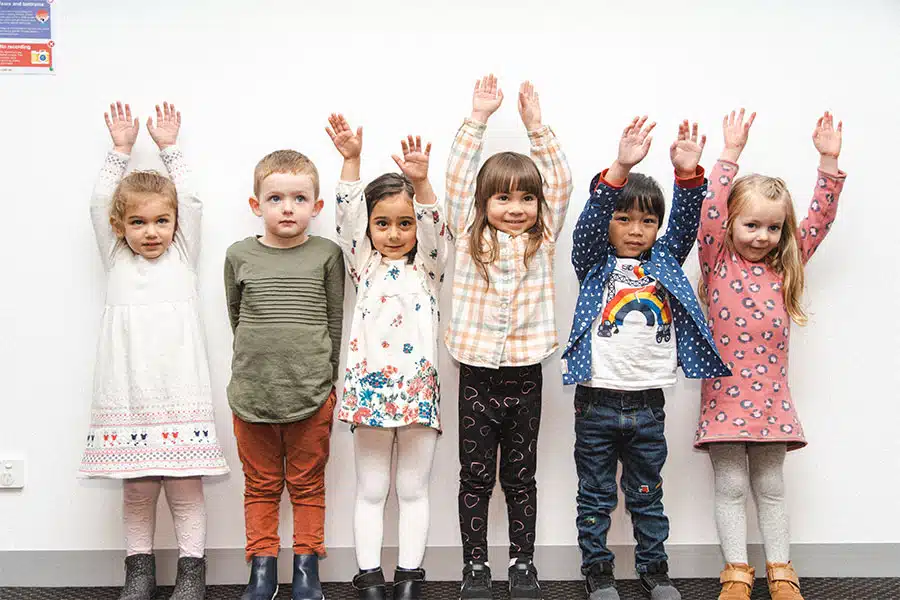Our Shichida early learning instructors guide children aged 6 months to 9 years old. They use engaging and hands-on experiences to help children recognise and trust their own intuition. Children also learn to comprehend and navigate different types of information. Moreover, they develop a thorough understanding of a wide range of perspectives, enabling them to ask relevant questions.
Critical Thinking

Critical Thinking


Creativity and independence
Our program offers unique critical thinking activities such as mazes, puzzles, 3D tangrams, and logical reasoning games. Older children participate in debates, science experiments, mind maps, and open-ended questions to foster creative and independent thinking.
We will teach your child to value and respect their peers’ viewpoints. They will also learn important skills like self-reflection, self-correction, and considering multiple perspectives.
Beyond traditional education
Shichida invites you and your child to explore beyond traditional education and black-and-white thinking. We can help equip your child with a curious and well-rounded mind, capable of solving complex problems.
Frequently Asked Questions: Critical Thinking
Just as with adults, critical thinking is an essential skill for kids. Encouraging this particular skill in children is crucial. It helps them understand themselves and others better. It supports children to avoid negative self-beliefs that can limit their potential and encourages them to focus on their strengths.
By encouraging your child to analyse information and determine if it’s reliable, you can help them avoid making poor decisions. This is undeniably an important life skill.
Research conducted into critical thinking in children shows that this skill is uncommon. Without adequate support and guidance, it may never properly develop. In fact, everyday situations where illogical scenarios or false information abound could harm the development of critical thinking in children.
Just as we teach children to read or do mathematics, we should take the time to teach them critical thinking.
Children can benefit from participating in kids critical thinking exercises as early as six months of age. As much of our methods involve play and hands-on experiences, they are well suited to both younger and older children.
At Shichida Australia, we are focused on supporting children to acknowledge and trust their own intuition. We guide them to understand and navigate all kinds of varied information, consider other perspectives and ask thoughtful, relevant questions.
We do this through a variety of specially developed kids’ critical thinking activities and games.
Each session meets the ages of the children and maximise their enjoyment and learning capabilities. Additionally, parental involvement is crucial to the success of our unique program.
The better question to ask is whether critical thinkers are more successful and the answer to this is yes!
While supporting critical thinking in children is not necessarily linked to having a higher IQ in adulthood it can, however, help them make better decisions and achieve greater success across their lifetimes by avoiding negative life outcomes.
Helping your child master critical thinking is one of the best ways you can prepare them for a successful future.
What your child will learn:

Book Trial Class
Shichida Australia’s early learning centre.